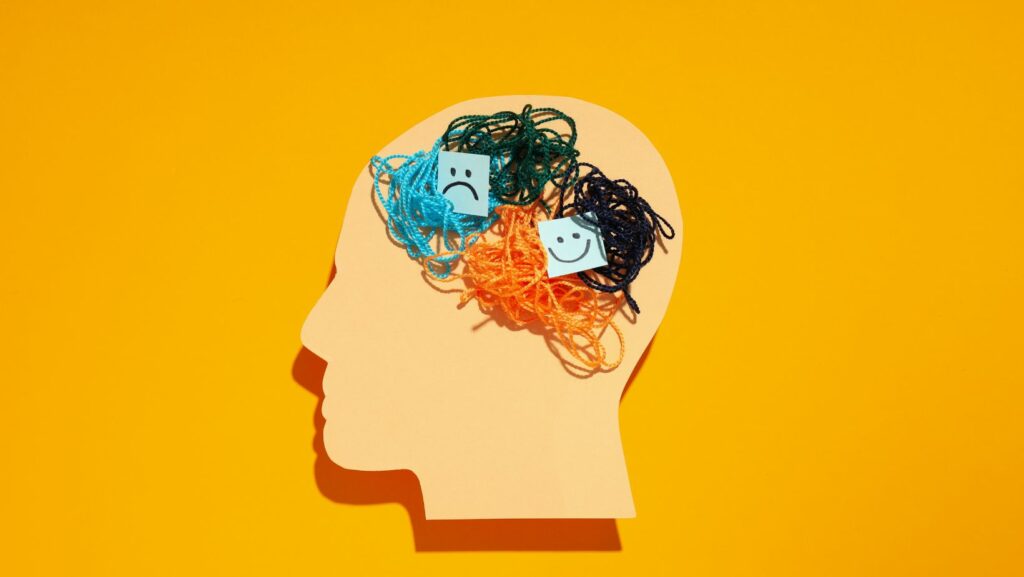In today’s fast-paced world, anxiety has become an all-too-common companion for many. With endless to-do lists and constant digital distractions, finding a moment of peace can feel like an elusive dream. Yet, amidst the chaos, mindfulness offers a beacon of hope. By grounding individuals in the present, mindfulness can effectively reduce anxiety and promote a sense of calm.
Exploring mindfulness tips can empower anyone to take control of their anxiety. As they learn to focus on the present moment, they discover a newfound resilience and clarity. This article delves into practical mindfulness strategies, providing a roadmap to a more peaceful and centered life.
Understanding Anxiety And Mindfulness

Anxiety represents a common mental health challenge marked by feelings of worry or fear that can disrupt daily life. It arises from stressful situations, genetic predispositions, or imbalances in brain chemistry. Mindfulness offers an effective approach for managing anxiety by encouraging individuals to focus on the present moment, thereby reducing overwhelming thoughts.
Mindfulness, characterized by acceptance and non-judgment, involves practices like meditation and mindful breathing. These mindfulness tips can help individuals develop a greater awareness of their thoughts and emotions, enabling them to respond to anxiety with calmness and clarity. By regularly engaging in mindfulness exercises, individuals can cultivate a sense of control and resilience, mitigating the impact of anxiety on their lives.
The Benefits Of Mindfulness For Anxiety
Mindfulness offers substantial benefits for managing anxiety. Regular practice reduces stress by focusing attention on the present moment. This diminishes excessive worry and rumination, allowing individuals to process thoughts more calmly. By improving emotional regulation, mindfulness helps people respond to stressors with increased resilience.

Mindfulness enhances self-awareness and acceptance. Individuals learn to observe thoughts without judgment, reducing anxiety’s power over them. This acceptance fosters greater mental clarity and a sense of control, empowering individuals to navigate anxiety with confidence.
Integration of mindfulness into daily routines strengthens these benefits. Mindful walking or eating exercises provide grounding experiences, further reducing anxiety. Over time, individuals cultivate a peaceful mindset, improving overall well-being.
Mindfulness Tips For Anxiety
Mindfulness tips for anxiety often include specific practices designed to cultivate awareness and tranquility. These techniques can be seamlessly integrated into daily routines to help manage anxiety effectively.
Mindful Breathing
Mindful breathing involves focusing on the rhythm of the breath. By inhaling slowly through the nose, holding the breath for a few seconds, and exhaling gently through the mouth, individuals can achieve a state of calm. Concentrating on each breath allows the mind to anchor in the present moment, reducing anxiety by diminishing distracting thoughts.
Body Scan Meditation

Body scan meditation encourages awareness of physical sensations. Starting from the toes and progressing to the head, individuals should focus on each body part, noting any tension or discomfort. This practice fosters relaxation and highlights areas of stress, promoting a deeper understanding of one’s physical state as a way to ease anxiety.
Mindful Walking
Mindful walking combines movement with mindfulness. By paying attention to each step, individuals engage their senses fully in the experience, noticing the sensation of the ground beneath their feet and the rhythm of their pace. This practice diverts focus away from anxiety-inducing thoughts and brings attention to the body’s interaction with the environment.
Incorporating Mindfulness Into Daily Life
Integrating mindfulness into everyday activities helps ease anxiety and fosters a balanced routine. By incorporating specific practices, individuals can create a more peaceful mindset.
Setting A Routine
Establishing a daily mindfulness routine brings structure and consistency. Scheduling regular mindfulness sessions, like morning meditation or evening reflection, integrates awareness into life effortlessly. Selecting a specific time and space for practice strengthens commitment and enhances focus.
Mindful Eating
Practicing mindful eating connects individuals to the present moment through food. Paying attention to the taste, texture, and aroma of each bite enhances the sensory experience. This practice reduces anxiety by shifting focus from stressors to the act of eating.
With the support of resources such as mindfulness apps, books, and guided sessions, anyone can embark on this transformative journey. Embracing mindfulness empowers individuals to live more balanced and fulfilling lives, free from the grips of anxiety.

